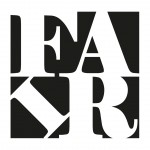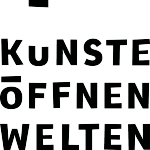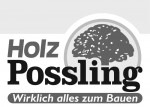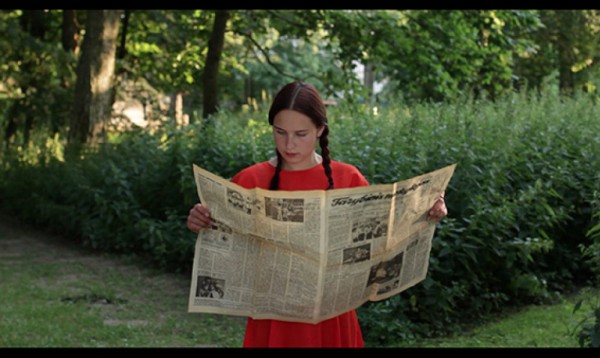
Egle Ambrasaite, Imagining the Absence, video still, 2014, Photo: Museum Aikas Zado Live
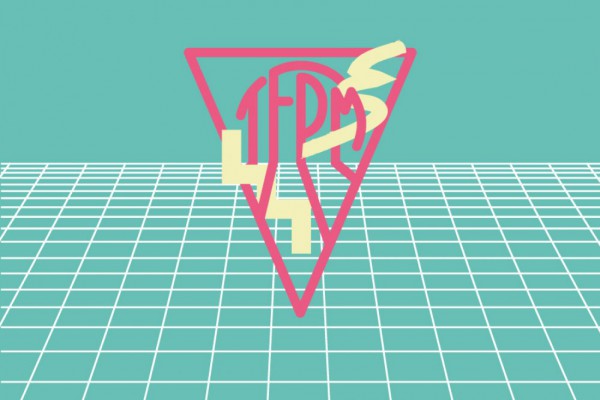

Bankleer, ‚sleepy hollows‘, The Forgotten Pioneer Movement at District Berlin, 2014, Photo: Louis Haugh
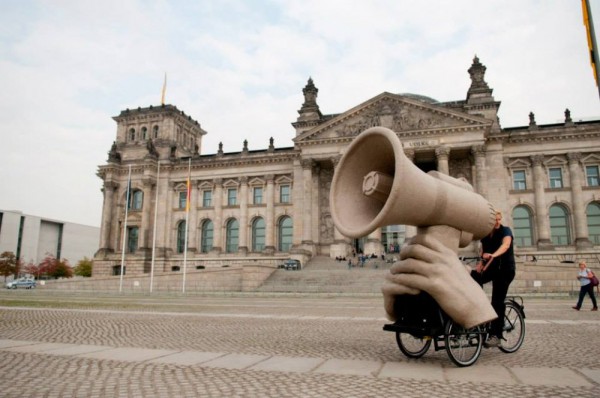
Bankleer, ‚sleepy hollows‘, The Forgotten Pioneer Movement at District Berlin, 2014, Photo: Louis Haugh
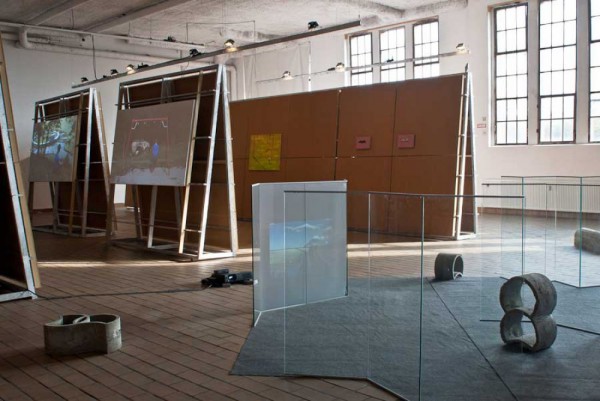
Set #B Exhibition Installation View, The Forgotten Pioneer Movement at District Berlin, 2014, Photo: Emma Haugh
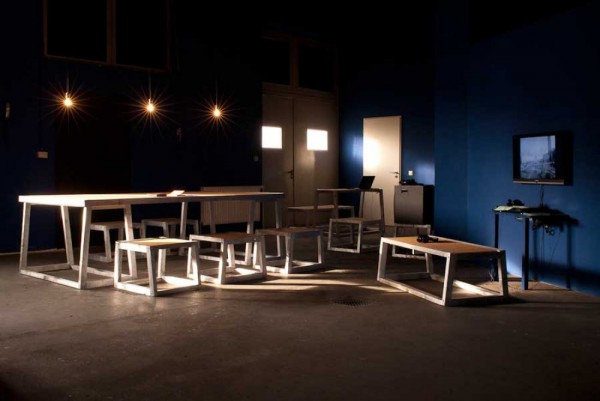
Set #B Exhibition Installation View, The Forgotten Pioneer Movement at District Berlin, 2014, Photo: Emma Haugh
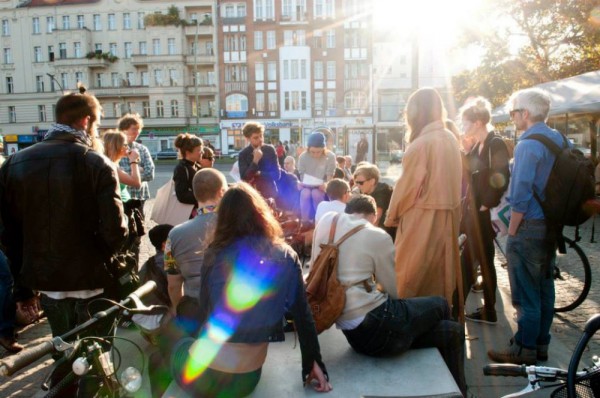
Anchi Cheng, Kristina Leko, Jonathan Ryall, Lisa Schwalb, WEDDING SEMINAR OUTLET (crash course), The Forgotten Pioneer Movement at District, 2014, Photo: Louis Haugh
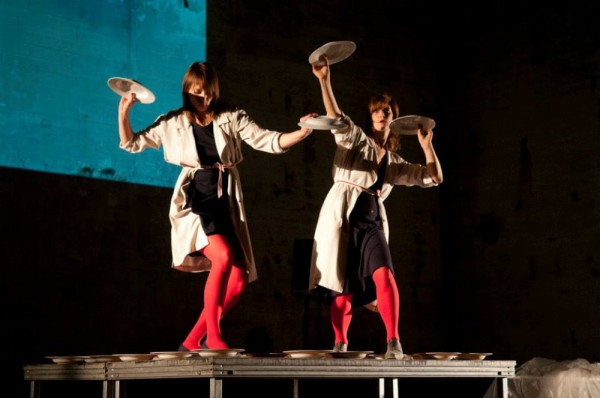
SKILLS, 'AVANT', The Forgotten Pioneer Movement at District Berlin, 2014, Photo: Louis Haugh
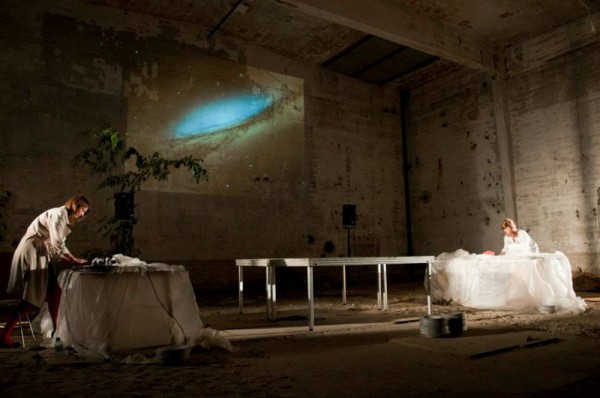
SKILLS, 'AVANT', The Forgotten Pioneer Movement at District Berlin, 2014, Photo: Louis Haugh
Lina Albrikienė, Ēriks Apaļais, Ieva Astahovska & Inga Lāce, bankleer, Ana Bogdanović, [BLOK] (Ivana Hanaček, Ana Kutleša, Vesna Vuković), Mitya Churikov, CORO collective, Kasia Fudakowski, Sophie Goltz, Gal Kirn, Nicu Ilfoveanu, Wilhelm Klotzek & David Polzin, Snejana Krasteva & Peter Tzanev, Kate Krolle & Maya Mikelsone, Kristina Leko & Anchi Cheng & Jonathan Ryall & Lisa Schwalb, Marina Naprushkina, Rasa Navickaitė, Newsreel front, Alexandra Pirici (& Mădălina Dan, Farid Fairuz, Manuel Pelmuş), Marta Popivoda, Claudia Rößger, Elske Rosenfeld, Anca Rujoiu & Madalina Zaharia, Anna Till & Juliane Schmidt, SKILLS, VIP, Ana Vujanović, Nikola Vukobratović, ŽemAt (Agnė Bagdžiūnaitė, Domas Noreika, Eglė Ambrasaitė, Aušra Vismantaitė, Noah Brehmer, Eglė Mikalajūnė) and others
Curators: Ulrike Gerhardt and Suza Husse
“We understand that our generation’s mission is to revise this strategically demonized past.” Agnė Bagdžiūnaitė (Artist and Curator / ŽemAt, Lithuania)
The Forgotten Pioneer Movement (TFPM) is an interdisciplinary performance and exhibition project about the experiences of the last, transitional generation between socialism and post-socialism. As a fictional movement, TFPM addresses the impact and the societal perspectives of the “last pioneers”: a generation whose childhood and youth is linked to the times of the Perestroika and the “pOst-Western”[1] Europe of the 1990s.
As a modernist phenomenon and ex-symbol of childhood and adolescent identification, the figure of the pioneer lends itself to an investigation of the many inscriptions of educational institutions and publicly mobilized ideologies in the former “East” and “West”. TFPM combines strategies and discourses from visual as well as performative arts and cultural theory in order to approach “the future behind us”, observed by Edit András, as a pan-european experience beyond geopolitical classifications. 25 years after the fall of the Berlin wall, TFPM suggests new constellations between this remote future and insignia of the present.
Set #A Performances + Workshops
bankleer, Kasia Fudakowski, Snejana Krasteva & Peter Tzanev, Kate Krolle & Maya Mikelsone, Domas Noreika / ŽemAt, Alexandra Pirici, Elske Rosenfeld, Juliane Schmidt & Anna Till, SKILLS, VIP
Guided by the cultural technique of the ‘psychodrama’, SET #A reacts upon places in the former East and former West of Berlin to re-connect collective and individual trajectories of memory based on the figure of the ex-pioneer. The performances activate instants and gestures of historical and political discontinuity, emphasizing their transformative momentum. The participating persons, objects and architectures become representatives for not yet articulated, opaque experiences.
Set # A is realized in collaboration with Galerie M, the youth center FAIR and HAU Hebbel am Ufer.
The complete performance programme can be found here.
Set # B Exhibition
Lina Albrikienė, Ēriks Apaļais, bankleer, Mitya Churikov, CORO Collective, Nicu Ilfoveanu, Wilhelm Klotzek & David Polzin, Marina Naprushkina, Claudia Rößger, ŽemAt
During the exhibition, objects, styles and words that were unnoticed, negated or simply unknown in the context of “pOst-Western” transformation will be collected and reconfigured as indexical traces. In order to understand the processes of historicizing the ‘post-socialist / socialist experience’ beyond any mythologizing absorption, TFPM suggests new connections between that remote future and specific experiences of the present.
Set # B is complemented by the Appendix Collection, a research station with reference materials from the participants, the archive transitland: Video Art from Central and Eastern Europe 1989-2009 (curated by Edit András and Margarita Dorovska) and the TFPM videos by Lina Albrikienė, bankleer, Vlad Basalici, Eglė Budvytytė & Bert Groenendaal, Irina Botea, Cooltūristės, Lenka Clayton, eteam, Christian Jankowski, Anna Jermolaewa, Szabolcs Kisspál, Jumana Manna & Sille Storihle, Wilhelm Klotzek, Anna Molska, VIP, Clemens von Wedemeyer, Katarina Zdjelar, a.o.
Set # B is realized in collaboration with Balassi Institut – Collegium Hungaricum Berlin (.CHB).
Set #C Public Seminar – The Pioneer Camp of ReVision
Ieva Astahovska, Nika Autor / Newsreel front, Agnė Bagdžiūnaitė / ŽemAt, [BLOK] (Ivana Hanaček, Ana Kutleša, Vesna Vuković), Ana Bogdanović, Sophie Goltz, Gal Kirn, Inga Lāce, Kristina Leko & Anchi Cheng & Jonathan Ryall & Lisa Schwalb, Rasa Navickaitė, Marta Popivoda, Anca Rujoiu, Ana Vujanović, Nikola Vukobratović, Madalina Zaharia and others
The Pioneer Camp of ReVision is a public seminar taking place from October 3rd through October 5th 2014 and on November 20th at District and different locations in Berlin. It includes lectures, workshops, discussions, artist talks, performances and film screenings. In this context a revision of questions, concepts and terminologies of The Forgotten Pioneer Movement will be initiated. Co-organized by Zagreb curators’ collective [BLOK] and art historian Ana Bogdanović (University of Belgrade), The Pioneer Camp of ReVision addresses cultural theory ranging from the ‘presence of the absent’ and the critical re-evaluation of socialist projects to the analysis of generational experience.
Set # C is realised in collaboration with [BLOK] and Latvian Centre for Contemporay Art, Riga.
The Forgotten Pioneer Movement is a project of District Kunst+Kultur Berlin, funded by Hauptstadtkulturfonds Berlin and the BKJ funding program Künste Öffnen Welten.
The Forgotten Pioneer Movement is realised in cooperation with [BLOK], Balassi Institut – Collegium Hungaricum Berlin (.CHB), Latvian Centre for Contemporay Art, Riga, Galerie M, FAIR and Galerie im Turm and with friendly support by HAU Hebbel am Ufer, Maxim Gorki Theater, Stiftung Kunstfonds, Ehemaliges Tschechoslowakisches Kulturinstitut, Artseco, CinePlus, deinestadtklebt.de, Holz Possling, motel plus and Estrel Hotel.
[1] This goes back to the German term “pOst-Westlich”, which highlights the constructedness of the ‘East’ and ‘West’ and combines these concepts. The ‘pOst’ implicates that not only the ‘East’ but also the ‘West’ has changed. For more information, see: Elize Bisanz, Diskursive Kulturwissenschaft, Analytische Zugänge zu symbolischen Formationen der pOst-Westlichen Identität in Deutschland, Münster: Lit Verlag 2005; Marlene Heidel & Elize Bisanz, Bildgespenster. Künstlerische Archive aus der DDR und ihre Rolle heute, Bielefeld: Transcript 2014.

